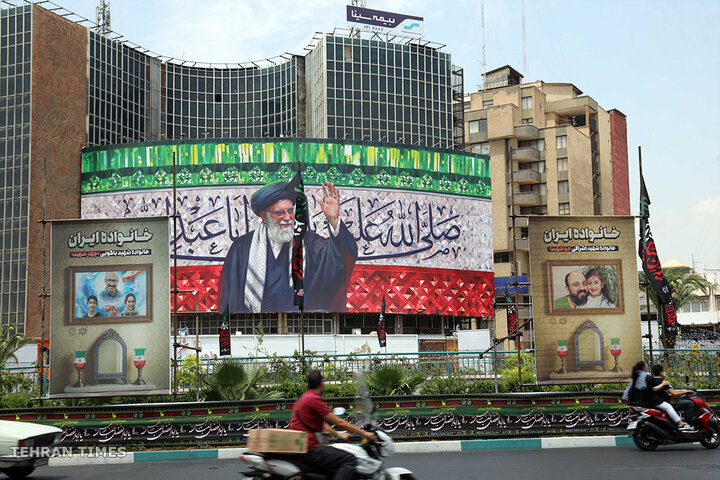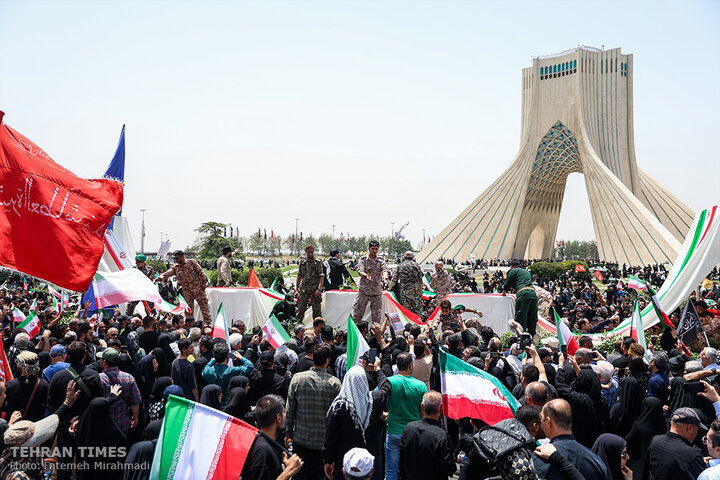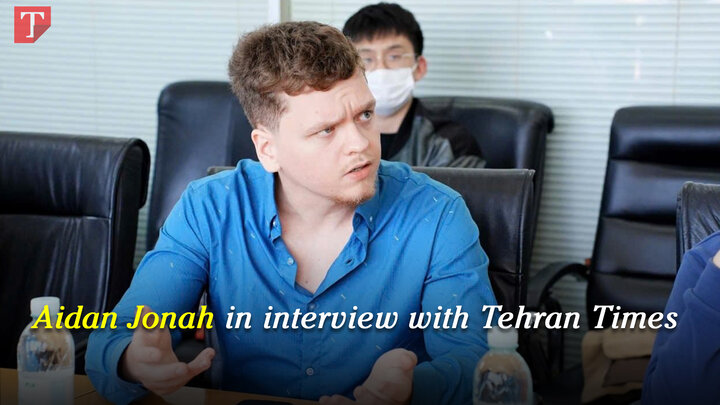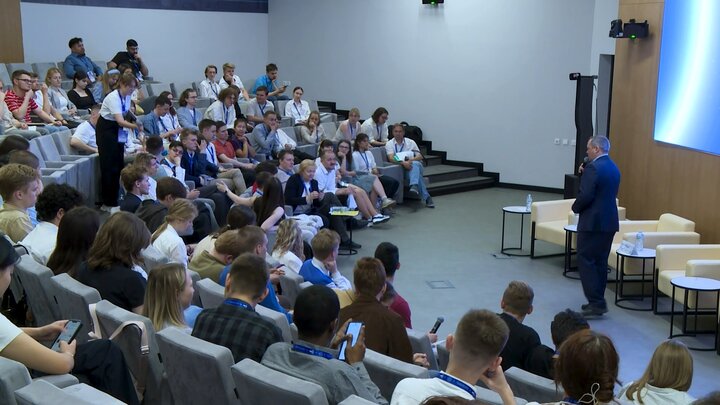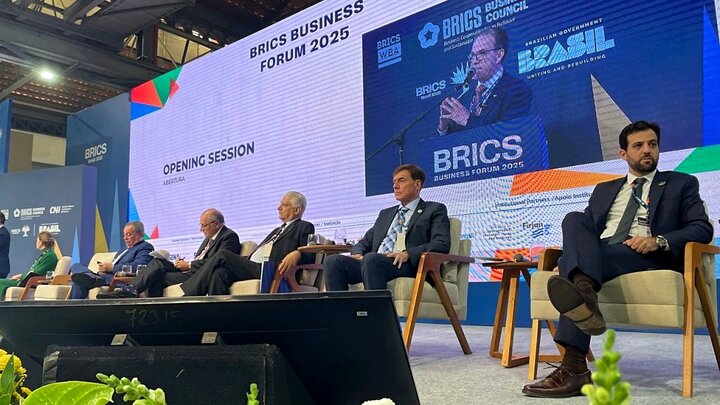-
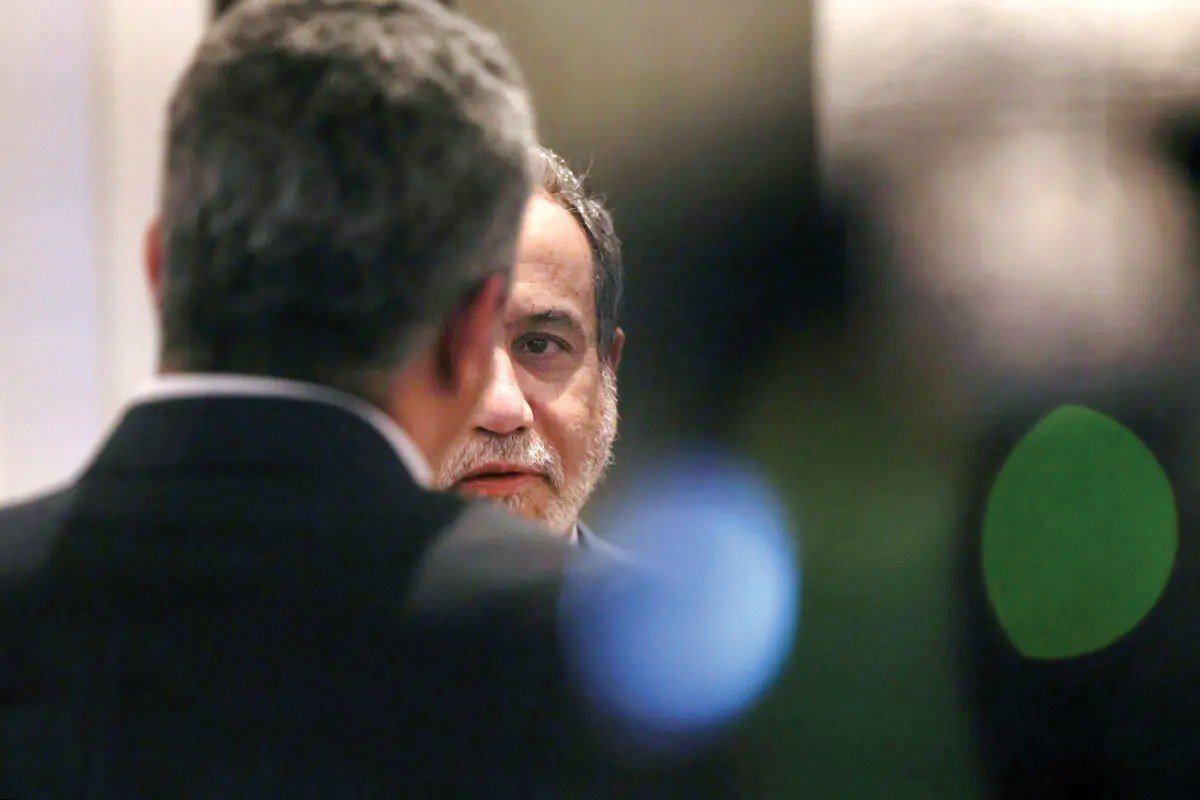 2025-07-18 21:04
2025-07-18 21:04
By Mona Hojat Ansari
No talks for now
Iran believes US not genuine about diplomacy as sources say war is Trump’s ultimate choice
TEHRAN – The prospects for new negotiations between Iran and the United States remain dim for the foreseeable future after President Donald Trump bombed Iran last month during ongoing talks that had begun in April, leading Tehran’s leaders to conclude the Republican administration has no genuine interest in a deal.
-

By Sondoss Al Asaad
Syria’s bloody events: Dividing the divided
BEIRUT— Given the March horrific massacres on the Syrian coast and recently in Suwayda has it become legitimate to ask that partition is becoming a reality in Syria? The mosaic of partition is leading to the construction of de facto authorities that are separate and isolated from each other.
-

By Shahrokh Saei
Israel’s aggression in Syria fuels drive to ‘change the Middle East’
TEHRAN — The recent resurgence of violent clashes between Druze fighters and Bedouin tribes in Syria’s southern Suwayda province has once again been cynically exploited by Israel to justify its hostile interventions in the country.
-

By Wesam Bahrani
Gaza church attack reflects genocide
TEHRAN – The Israeli occupation regime’s deadly shelling of Gaza’s Catholic church has sparked widespread condemnation.
-
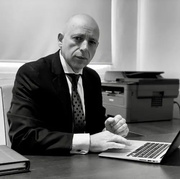
Claudio Lefschitz’s interview on the AMIA Case
Claudio Lefschitz, a former senior agent of Argentina’s intelligence agency (SIDE), served as deputy to former judge Juan José Galeano—the corrupt judge in charge of the AMIA case in Argentina’s judiciary.
-

'How many Iranian women did you kill with those bombs?'
Outrage over Israeli munition bearing Mahsa Amini’s name before strikes on Iran
TEHRAN – Israel likely believed it would rally the public support it failed to gain during the 12-day Iran-Israel war by sharing pictures of a female Israeli soldier writing "Mahsa Amini" on munitions destined for strikes against Iran. However, the move provoked mixed reactions—but not support—with many Iranians now questioning Israel’s role in the 2022 violence that shook Iran.
Politics
-
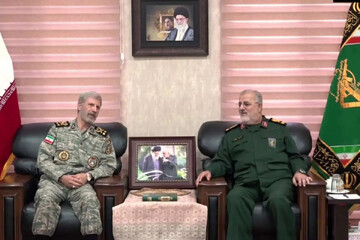
Iran’s military leadership declares full readiness for further strikes against Israel
TEHRAN – In a significant meeting between the highest echelons of Iran's Armed Forces, senior commanders emphatically declared the nation's preparedness to deliver further decisive blows against its adversaries.
-
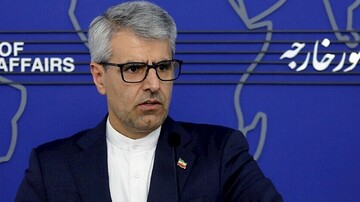
‘US, Israel main sources of regional instability’, Iran rejects claims of arming Yemen
TEHRAN — Iran has categorically rejected recent U.S. accusations that it is supplying military equipment to Yemen, describing the allegations as an attempt to divert public attention from the root causes of instability in West Asia—chiefly the Israeli regime’s escalating crimes against regional nations.
-

Tehran offers condolences to flood-ravaged Pakistan
TEHRAN – Iranian Foreign Ministry's Director General for South Asia, Mohammad-Reza Bahrami, expressed profound grief Thursday over catastrophic flooding in Pakistan that has killed over 170 people, including 85 children.
Sports
-

Iran lose to Japan in 2025 Asian Women's Youth Handball Championship
TEHRAN – Iran lost to defending champions Japan 40-27 in 2025 Asian Women's Youth Handball Championship on Friday.
-

Iran’s fixtures in Lebanon basketball tournament revealed
TEHRAN – Iran basketball team will face Egypt in the opening match of the four-team tournament in Beirut.
-

Iran into 2025 Asian U16 Volleyball Championship final
TEHRAN – Iran defeated Japan in straight sets (25-20, 25-22, 25-19) in the 2nd Asian U16 Men’s Volleyball Championship on Friday.
Culture
-

Mehr CEO calls for independent media narratives to counter global distortions at BRICS conference
TEHRAN – Mohammad Mahdi Rahmati, the CEO of Mehr Media Group (which consists of Mehr News Agency and English-language daily Tehran Times) emphasized the vital role of media in providing independent narratives to prevent distortion of the truth within mainstream outlets during the seventh BRICS Media and Think Tank Forum in Rio de Janeiro, Brazil on Thursday.
-

What’s in Tehran art galleries
An exhibition of paintings by Mehdi Movahedi is underway at Kavin Gallery. The exhibit named “Suspended Body” will be running until July 25 at the gallery located at No.24, Pesian St. Zaferanieh Neighborhood.
-
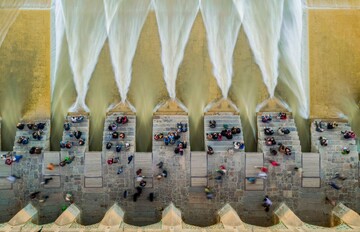
Works of Iranian artists at FMoPA International Photography Competition exhibition
TEHRAN - Each year, the Florida Museum of Photographic Arts (FMoPA) celebrates photographic excellence from around the world through its International Photography Competition. The winning works are featured in an exhibition underway at the museum, with three photos by Iranian artists Majid Hojati and Armin Amirian among them.
Economy
-

Tehran to launch capital’s largest solar power plant amid national renewables push
TEHRAN – Iran’s largest solar power plant located in central Tehran is nearing completion and will soon come online as part of a sweeping national push to expand renewable energy, a senior official said.
-
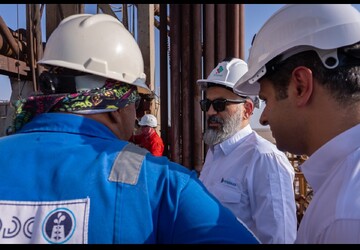
Iran boosts oil output by 38,000 bpd at South Azadegan field
TEHRAN – Iran has increased crude oil production by 38,000 barrels per day (bpd) at its South Azadegan oilfield over the past 10 months, following the successful drilling and completion of 17 wells, the head of Petropars, the company developing the field, said.
-
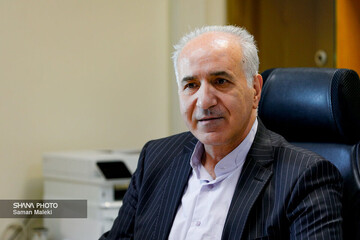
Petrochemical sector stays on track despite conflict, eyes annual targets
TEHRAN – Iran’s petrochemical industry remains committed to achieving its development goals for the current year, despite disruptions caused by a 12-day conflict triggered by Israeli airstrikes, a senior official said.
Society
-
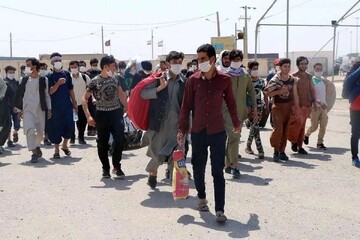
Authorized refugees won’t be deported: interior minister
TEHRAN – Interior Minister Eskandar Momeni has said the country is not planning to deport documented and authorized refugees.
-

VP urges UNICEF to pursue violation of children’s rights in Israeli aggression
TEHRAN – Vice-President for Women and Family Affairs, Zahra Behrouz-Azar, has called on the United Nations Children’s Fund (UNICEF) office in Iran to condemn the Israeli military attacks against Iran and pursue the violation of children’s rights during the 12-day aggression.
-
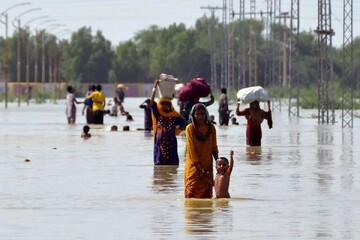
IRCS ready to send relief aid to flood-stricken people in Pakistan
TEHRAN – The Iranian Red Crescent Society (IRCS) has announced its readiness to dispatch humanitarian aid to help individuals affected by floods in Pakistan.
Tourism
-
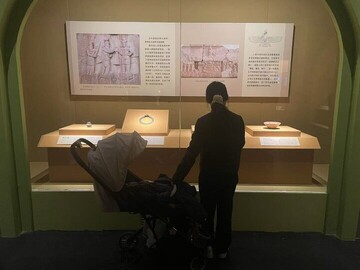
Iran considers extending ‘Land of Kindness’ exhibition in China following high demand
TEHRAN -- Iran is considering an extension of its highly acclaimed cultural exhibition, “Land of Kindness”, currently on display in China, following a formal request from Chinese officials, according to Ali Darabi, Iran’s Deputy Minister of Cultural Heritage.
-

Sad news for the world of archaeology: Brian Fagan, father of public archaeology, passed away
The world of archaeology has lost one of its most influential figures: Brian Fagan, often hailed as the father of public archaeology, has passed away.
-
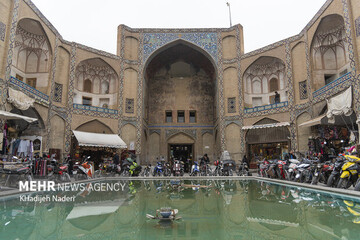
First spiritual tourism roadmap for Isfahan bazaar planned
TEHRAN — Isfahan Municipality is set to officially unveil the spiritual tourism routes of Isfahan, highlighting saqqakhanehs (traditional places providing water to the passersby), seminaries, and mosques located within the city’s ancient bazaar, said Alireza Massah, who presides over the municipality’s tourism office.
International
-

Syria’s bloody events: Dividing the divided
BEIRUT— Given the March horrific massacres on the Syrian coast and recently in Suwayda has it become legitimate to ask that partition is becoming a reality in Syria? The mosaic of partition is leading to the construction of de facto authorities that are separate and isolated from each other.
-

Israel’s aggression in Syria fuels drive to ‘change the Middle East’
TEHRAN — The recent resurgence of violent clashes between Druze fighters and Bedouin tribes in Syria’s southern Suwayda province has once again been cynically exploited by Israel to justify its hostile interventions in the country.
-

Gaza church attack reflects genocide
TEHRAN – The Israeli occupation regime’s deadly shelling of Gaza’s Catholic church has sparked widespread condemnation.
Most Viewed
-
Don't count your chickens before they hatch: War surprises for Netanyahu, and by extension for Trump
-
Iran’s military leadership declares full readiness for further strikes against Israel
-
No talks for now
-
Syria’s bloody events: Dividing the divided
-
Mehdi Taremi ready for Inter Milan exit
-
Persepolis complete signing of Marko Bakic
-
'How many Iranian women did you kill with those bombs?'
-
Iranian, Iraqi officials discuss enhancing technological ties
-
Iran sweep past China in 2025 VNL Week 3
-
Iran into 2025 Asian U16 Volleyball Championship final
-
Israel’s aggression in Syria fuels drive to ‘change the Middle East’
-
Canada Echoes U.S. Policy, Enabling Israeli Regional Strategy
-
Ayatollah Khamenei’s envoy conveys his condolences to General Salami's family
-
Claudio Lefschitz’s interview on the AMIA Case
-
Exclusive: Independent journalist says Canada’s posture on Iran 'serves US and Israeli interests'





